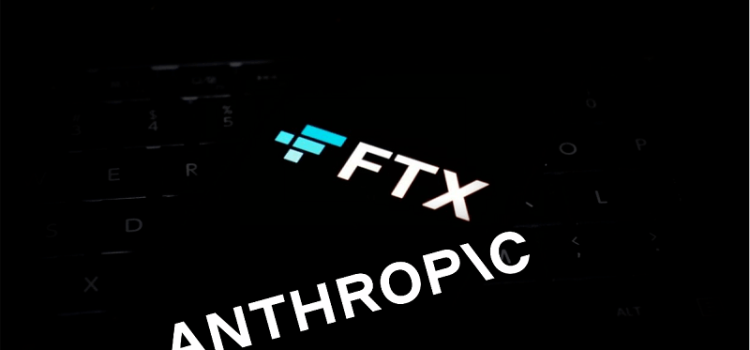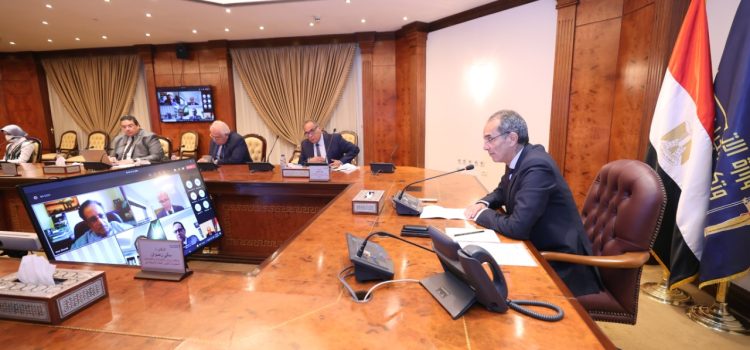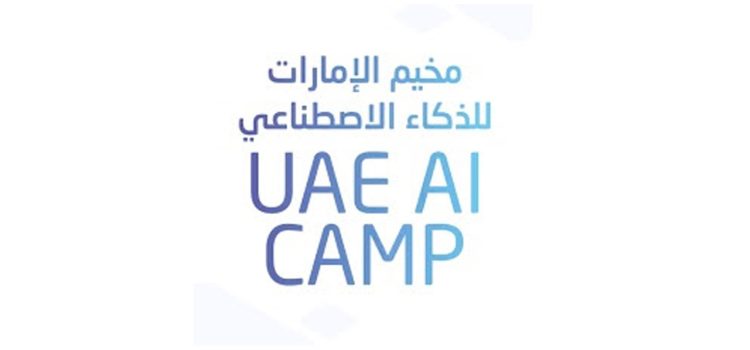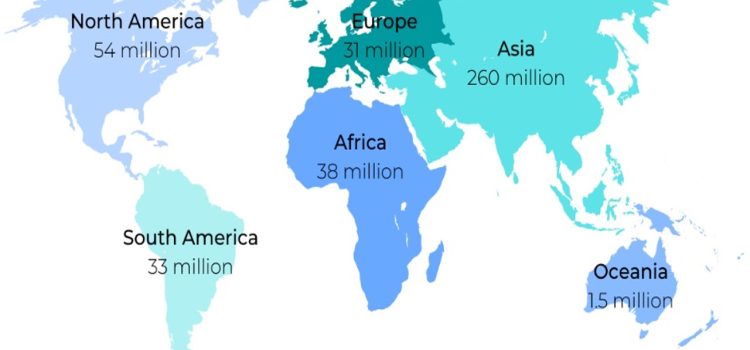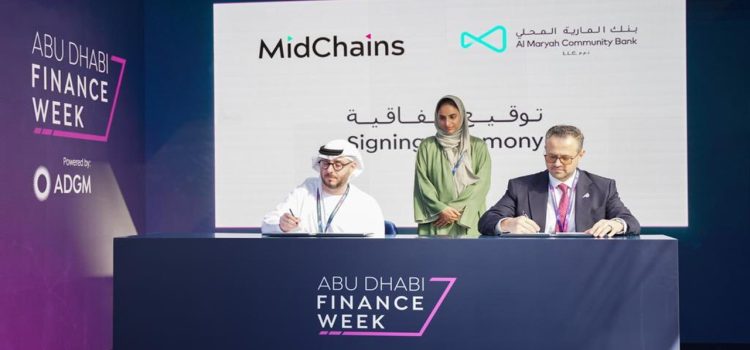
Once again Saudi Arabia has not been allowed to invest in an AI entity out of the United States. This time the company is Anthropic partly owned by the fallen FTX crypto exchange. As per CNBC, while sovereign wealth funds are among the investors eyeing to buy into Anthropic, including UAE Mubadala, Saudi Arabia is not one of them.
Anthropic according to sources speaking to CNBC, has ruled out taking money from investors or sovereign wealth fund in KSA. Anthropic executives cited national security, one of the sources told CNBC.
The stake in Anthropic is for sale because it belongs to FTX, the failed cryptocurrency exchange started by Sam Bankman-Fried, and is being unloaded as part of the company’s bankruptcy proceedings. FTX bought the shares three years ago for $500 million. The 8% stake is now worth more than $1 billion due to the recent boom in AI.
As per the article proceeds from the sale will be used to repay FTX customers. The transaction is ongoing and is on track to wrap up in the next couple weeks, said people with knowledge of the talks who asked not to be named because the negotiations are private.
The class B shares, which don’t come with voting rights, are being sold at Anthropic’s last valuation of $18.4 billion, sources said. Anthropic has raised roughly $7 billion in the last few years from tech giants like Amazon, Alphabet and Salesforce
While Anthropic’s founders told bankers they wouldn’t accept Saudi money, they don’t plan to challenge funding from other sovereign wealth funds, including United Arab Emirates fund Mubadala. The UAE-based firm is actively looking at investing, according to one of the sources.
In November 2023, The Biden administration forced a Saudi Aramco-backed venture capital firm to sell its shares in a Silicon Valley AI chip startup backed by OpenAI co-founder Sam Altman, as per Bloomberg
Altman-backed Rain Neuromorphics, a startup designing chips that mimic the way the brain works and aims to serve companies using artificial intelligence algorithms, raised $25 million in 2022.
Aramco’s Prosperity7, a lead investor in the $25 million round for Rain AI, sold its shares in the startup after a review by the Committee on Foreign Investment in the United States, people familiar with the matter said, according to the Bloomberg report.
The agency, a U.S. watchdog for deals with national security implications, told the Saudi fund to unwind that deal sometime over the past year, the report said.
This comes as Saudi Arabia plans to create a fund of about $40 billion to invest in artificial intelligence. In recent weeks, representatives of Saudi Arabia’s Public Investment Fund have discussed a potential partnership with Andreessen Horowitz, one of Silicon Valley’s top venture capital firms.








